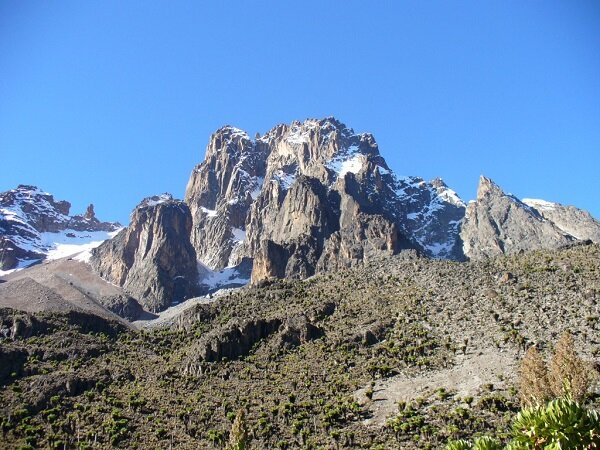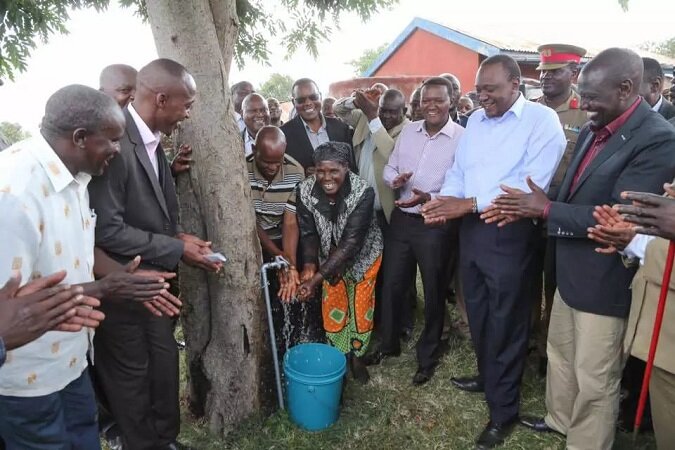Over 100,000 trees to be planted around Mt Kenya and Upper Tana River ecosystem
By Judith Akolo
The tallest mountain in Kenya is under threat with its snow cap receding and forest clearance goes on unabated.
Rising global temperatures and deforestation has had an impact on the mountain’s ecosystem.
Mitigation measures to climate variability have been the stop gap measures to dealing with climate variability, however ecosystem disruption could sound a death knell to the existence of major landforms including Mt. Kenya whose forests have been a source of natural mitigation to climate change.
And with this Kenya Breweries Limited has moved in to forestall what could be a major climatic catastrophe of the 21st Century. With 8 million shillings donation and 100,000 seedlings, the beer company hopes to rehabilitate a dangerously receding Mt. Kenya forest.
A tripartite collaboration between Kenya Breweries Limited, Nature Kenya and the government will see the reforestation of Upper River Tana ecosystem a major catchment for the river that also holds the seven-folks dams which is a main source for hydro-electricity power and agricultural basin.
Speaking at the launch, KBL Finance Director, Kinya Kimotho said KBL in line with the company’s sustainability agenda hopes to aid reduction of environmental harm.
“Today’s partnership is in line with our sustainability agenda, which call us to reduce our environmental harm. Thus, this morning we need to reflect on our splendid natural heritage and our obligation to protect it for posterity, through tree planting, water harvesting and storage as well as reforestation,” Ms Kimotho said.
Nature Kenya Executive Director Dr Paul Matiku warned that rapid urbanization, population explosion and deforestation has negatively impacted the quality and quantity of water flowing downstream.
“This threat has impacted negatively on the quality and quantity of water flowing downstream. Over the years there has been a decrease in water volume due to forest cover loss. Hydropower and water abstraction reservoirs have become silted with sediments, significantly raising water treatment costs. Rapid urban population growth and unprecedented industrial activity have further increased water stress levels,” Dr Matiku said.
Water reservoirs and hydro electricity power plants have had to contend with dredging as siltation of the dams become a major challenge to hydro electricity generation.
He appealed to those downstream to motivate upstream communities in maintaining an ecosystem balance by protecting nature.





